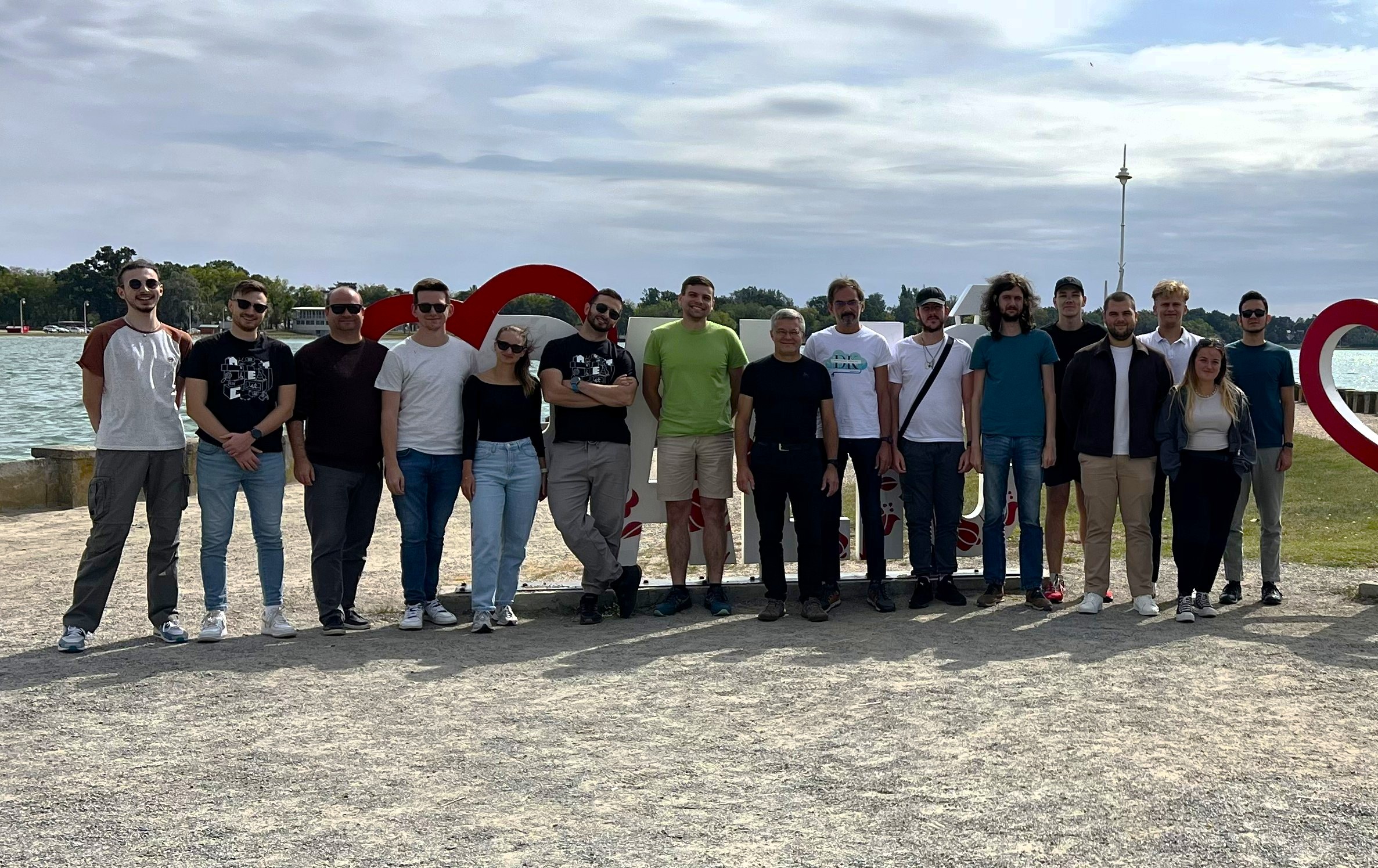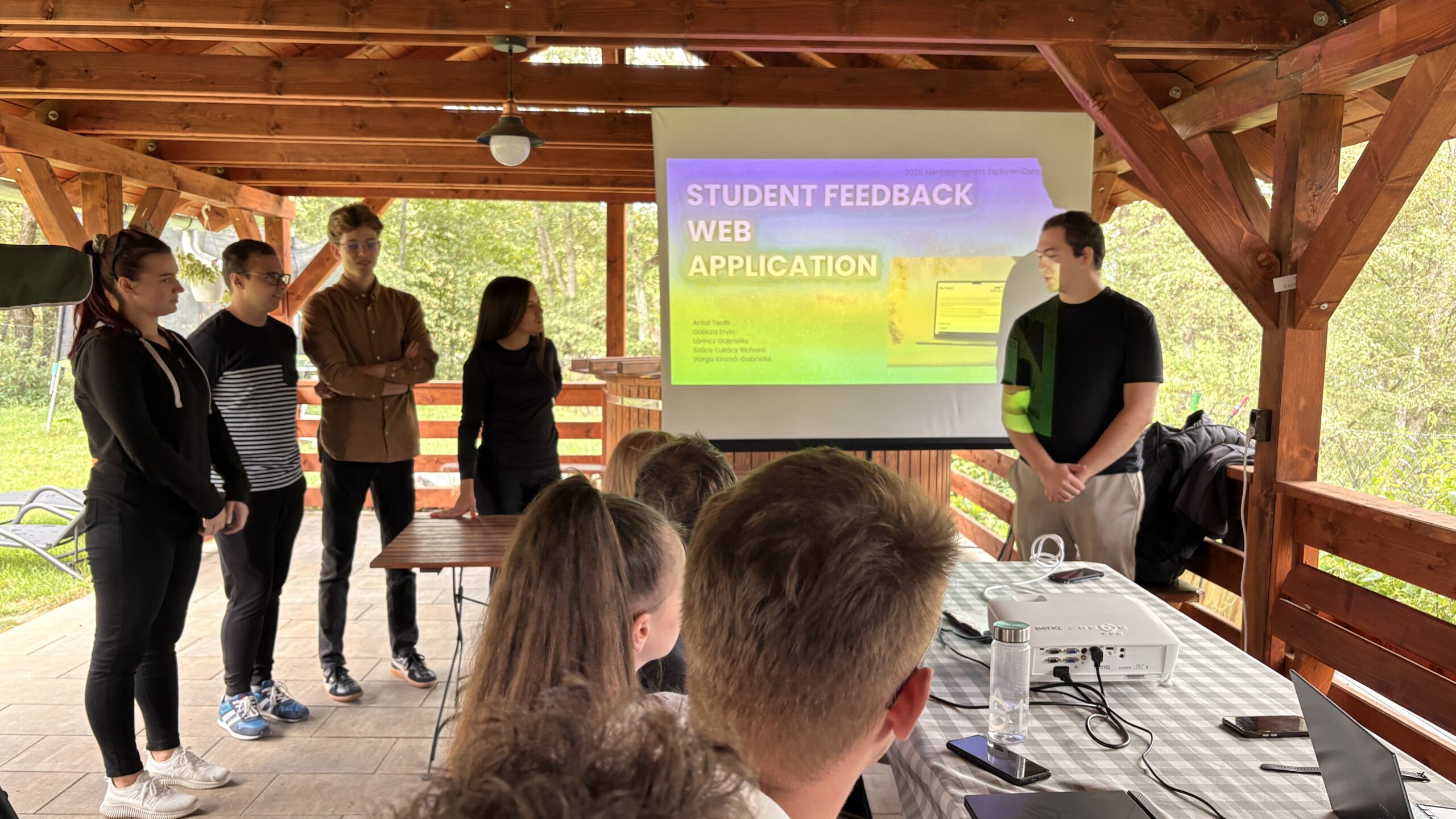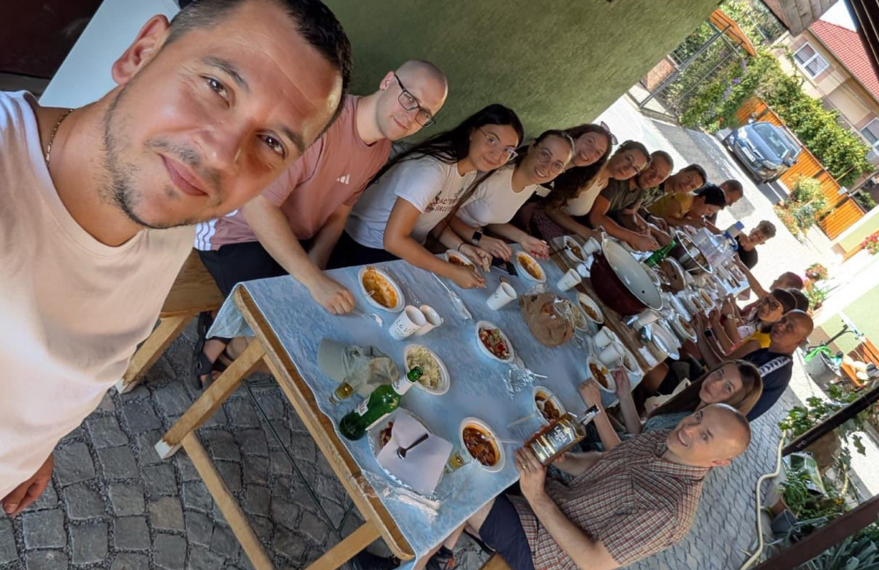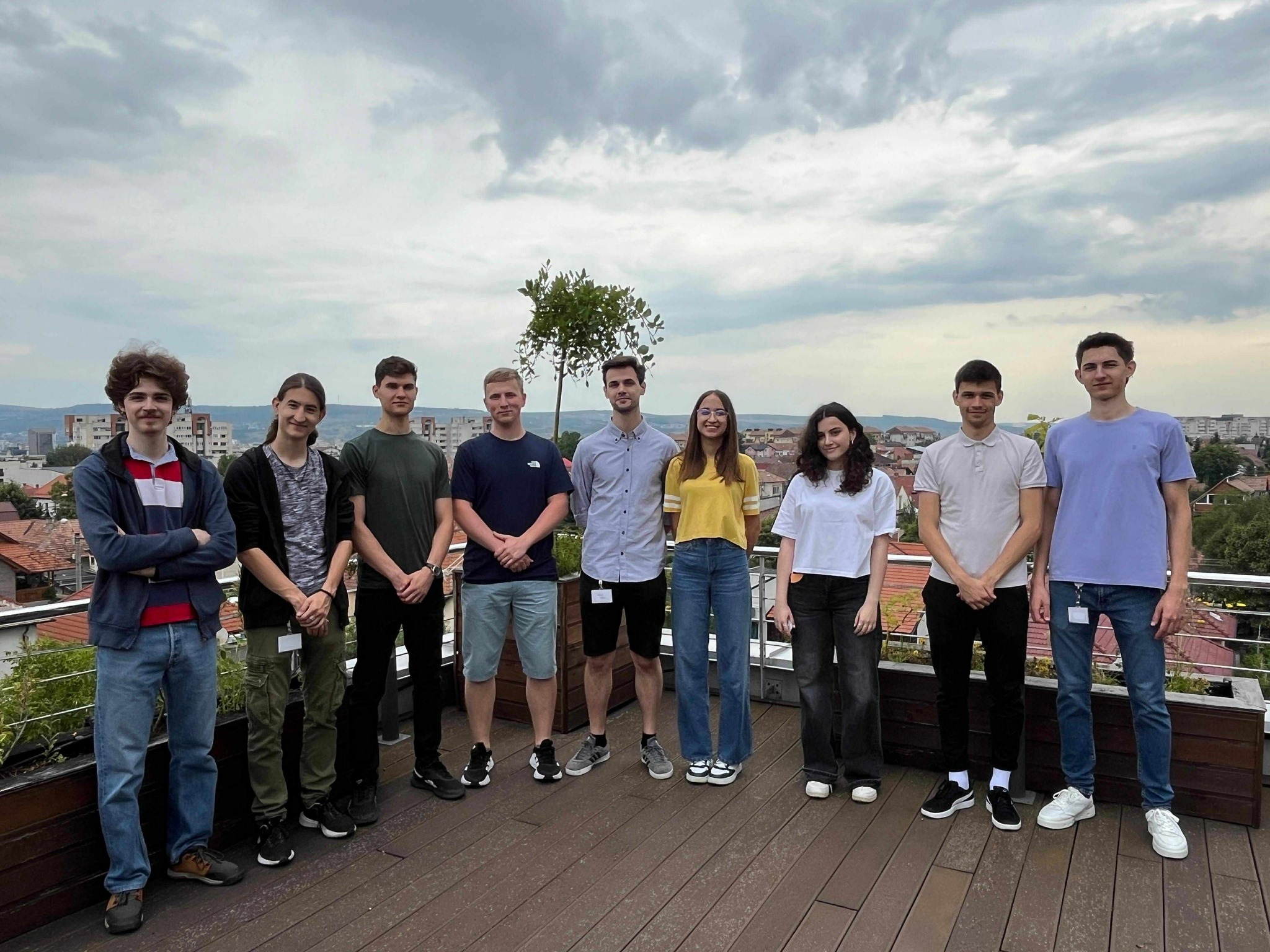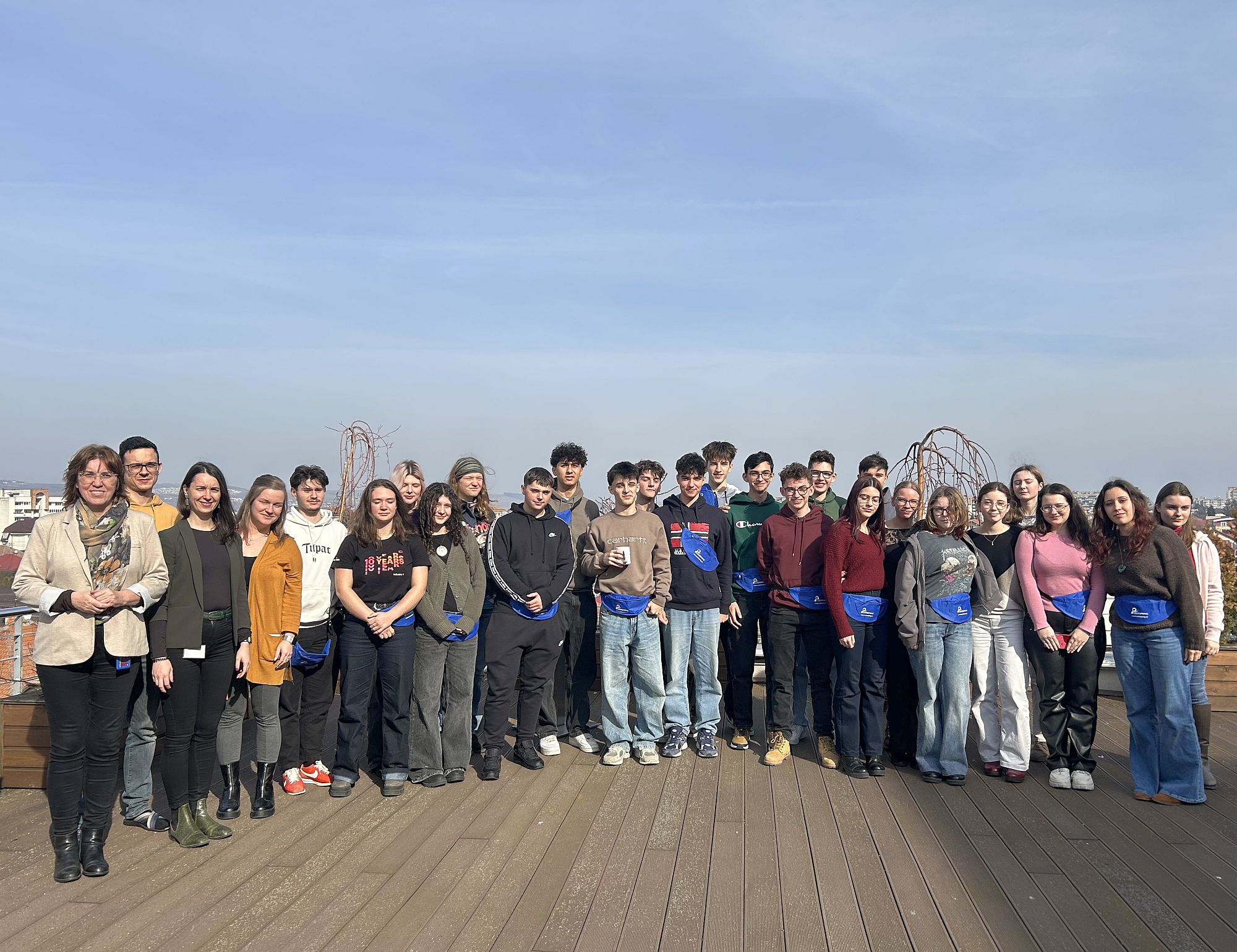As an achievement of the local Cluj-Napoca, Transylvania outsourcing community in 2011, we are proud to share with you that a number of 4 companies reached the GS100 List, as published in Global Services 100 Study. As explained in the public GS100 compendium, the methodology for the classification is quite complex and involves many criteria. However, the fact that four of these companies have chosen to grow their centers in Cluj-Napoca is a living proof of the added value and resources that this city has to offer.
GS100 ITO and BPO Companies Operate in Cluj
According to the survey, the top 100 companies listed here generate their revenues from ITO and BPO operations. Of special interest for our readers is the distribution of these revenues: 65% of the aggregated revenues originate from IT outsourcing, while 35% from Business Process outsourcing. The four companies operating in Cluj-Napoca, too, and being listed in the top GS 100 List are: HP, Endava, EXL Services and Genpact. The first two hold ITO centers, while the last two hold BPO centers. EXL Services has even been ranked 9th on the Fastest Growing Companies in GS100 List.
“We selected Cluj-Napoca to set up our delivery center because it will strengthen EXL’s multilingual capability and provide access to a very deep talent pool. Cluj is fast emerging as a leading outsourcing destination in Europe and offers high quality skills in finance and accounting services.” – declared Rohit Kapoor, President and CEO EXL Services.
Six ITO Categories to Be Operated From Cluj
As Central and Eastern Europe is defining its identity on the outsourcing map, information and technology outsourcing took the lead of this battle. Thus, in Romania and in Cluj-Napca as well, some may think of outsourcing the following: application development and management (ADMO), enterprise architecture (EAO), infrastructure management (IMO), engineering services (ESO), product development (PDO)and strategic IT outsourcing.
Six BPO Categories to Be Contracted to Cluj
As we have previously presented it in one of our publications, Cluj-Napoca emerges as a powerful BPO hub due to the available skilled human resource. Established BPO experience relies upon: finance & accounting outsourcing (FAO), human resources operations outsourcing (HRO), process outsourcing (PO), knowledge process outsourcing (KPO), contact center operations (CC) and industry-specific business processes (IS-BPO).
Cluj-Napoca Quick Facts
Population:
-residents: 317,953 inhabitants
-metropolitan area: 379,705 inhabitants
-peri-urban area: 400,000 residents
-ethnic groups: Romanians (80%), Hungarians (19%), Roma (1%), Germans (0.23%), Jews (0.06%)
Access: by road (E60, Transylvania highway), by train and by plane (Cluj-Napoca Internatonal Airport)
Economy: Cluj-Napoca provides some of the best known Romanian brands. The city is known for its chemical and pharmaceutical industry, for its food industry, for its textile and leather industry, for its heavy industry operators, for its financial services and for its IT services.
Education: 10 universities, counting national and regional elite institutions: Babeş-Bolyai University (UBB) is the largest in the country(50,000 students studying in Romanian, Hungarian, German and English), The Technical University, Iuliu Hatieganu University of Medicine and Pharmacy, USAMV, University of Arts and Design, Gheorghe Dima Music Academy and other.
Culture: Cluj-Napoca is one of the main cultural centers in Romania. You may find here elite institutions, such as the National Theatre of Cluj-Napoca, The Opera of Cluj-Napoca, the Hungarian Opera and Theatre, the Museum of History, the Arts Museum, the Museum of Pharmacy, the Botanical Garden , the Central University Library and 6 cinemas (with av. 23 cinema theatres).
Sports: Many sports areas and Olympic complexes are in place in Cluj-Napoca. Among the latest and most spectacular areas we mention Cluj Arena, a multi-use stadium that is to be ranked as an UEFA Elite stadium and will be ready by October 2011.
The Technopolis of Romania
Direct contender of the country’s capital, Cluj-Napoca is often referred as the technopolis of Romania. Indeed, counting all the companies and institutes involved in research and development, in various science fields and developments, the local “grey matter” pays off all investments. Data speak by itself.


